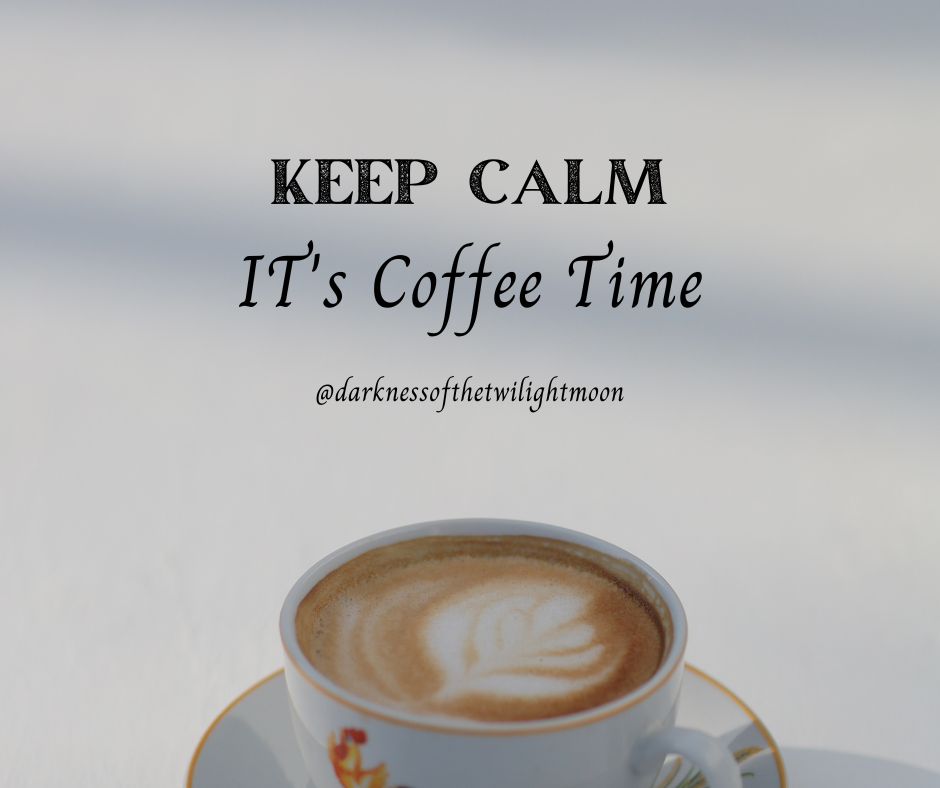
Correcting Common Misconceptions About Making Coffee at Home
The Ultimate Guide to Making Great Coffee at Home
Coffee is one of the most popular beverages in the world, and many people enjoy making it at home. However, there are several misconceptions about making coffee at home that can lead to less than desirable results. In this blog post, we will discuss some of the most common misconceptions and how to correct them.
Misconception 1: Using boiling water to brew coffee
Many people believe that using boiling water to brew coffee is the best way to extract the most flavor from the beans. However, boiling water can actually burn the coffee grounds, resulting in a bitter taste. The ideal temperature for brewing coffee is between 195-205°F (90-96°C). To achieve this, boil water and then let it sit for 30 seconds to a minute before pouring it over the coffee grounds.
Misconception 2: Storing coffee in the freezer
Some people believe that storing coffee in the freezer will help keep it fresh for longer. However, this is not true. Storing coffee in the freezer can actually damage the beans and affect the flavor. Coffee should be stored in an airtight container in a cool, dark place, away from sunlight, moisture, and heat.
Misconception 3: Using too much coffee
Using too much coffee can result in a strong, bitter taste. The ideal ratio of coffee to water is 1:15 or 1:16. For example, for every gram of coffee, you should use 15-16 grams of water. Using a kitchen scale to measure the coffee and water can help ensure that you get the perfect ratio every time.
Misconception 4: Using pre-ground coffee
Many people use pre-ground coffee because it's convenient, but this can result in a less flavorful cup of coffee. Coffee starts to lose its flavor and aroma as soon as it's ground, so it's best to grind your coffee beans just before brewing. Investing in a good quality grinder can make a significant difference in the taste of your coffee.
Misconception 5: Ignoring the water quality
Water quality plays a crucial role in the taste of your coffee. Using tap water that is high in minerals or chlorine can affect the flavor of your coffee. Using filtered water or spring water can help improve the taste of your coffee.
In conclusion, making coffee at home is a simple and enjoyable experience that can be enhanced by correcting some of the most common misconceptions. By paying attention to the water temperature, storage, ratio of coffee to water, using freshly ground coffee, and water quality, you can enjoy a delicious cup of coffee every time.